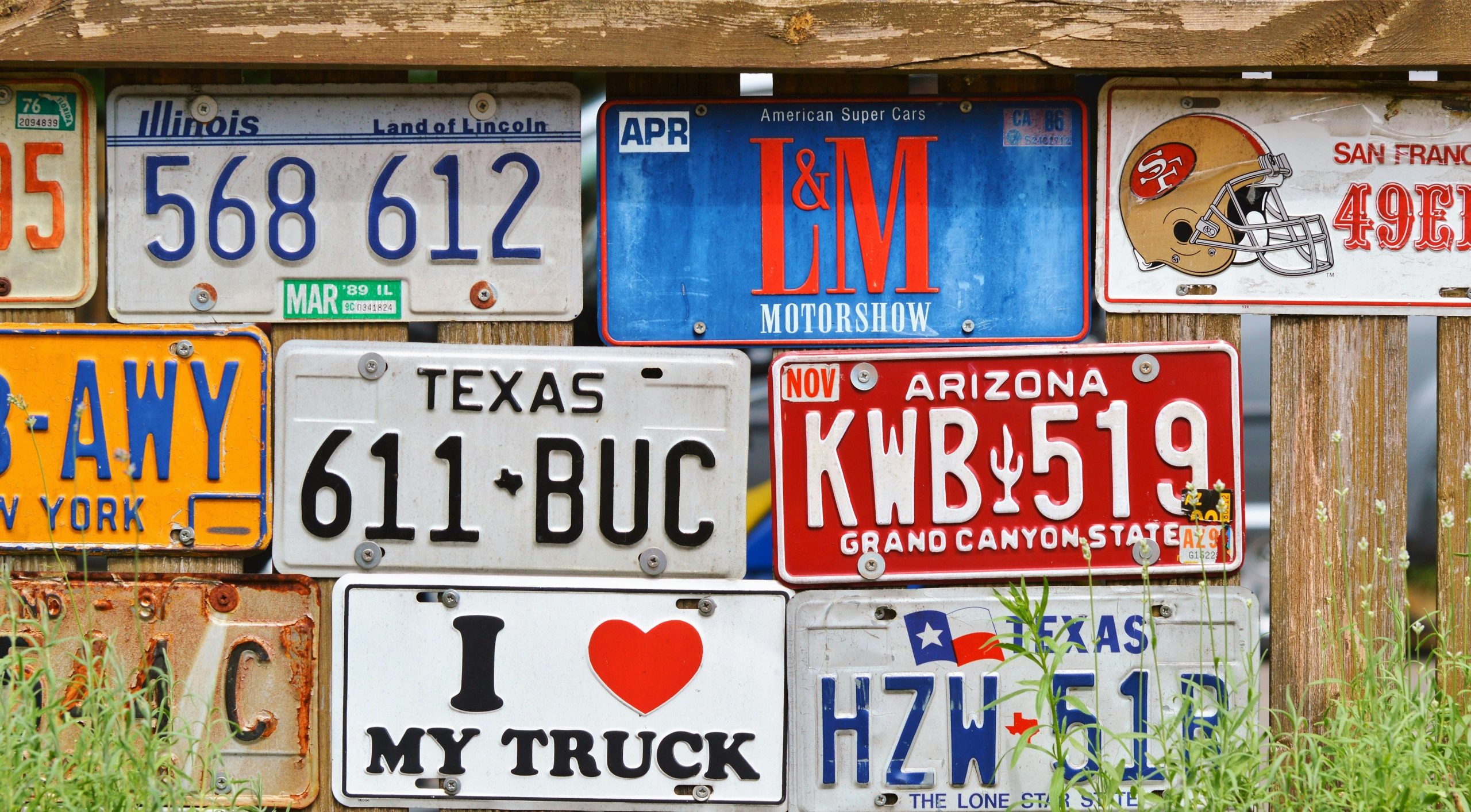Navigating Car Insurance Requirements When You No Longer Have Your Original License
Relocating to a new state can be exciting, but it often comes with unexpected challenges—especially when it comes to updating your car insurance. Recently, I faced a situation where my insurance provider requested documentation that I no longer possess, complicating my efforts to secure a fair rate.
Here’s the background: I recently moved across the country and set up a new insurance policy with my partner. I obtained a new driver’s license for my current state; however, since it’s a recent issue, the insurance company informed me that my rates would be significantly higher due to my limited driving history in the new location. To adjust this, they asked for documentation of my previous out-of-state license.
I managed to locate my previous license from last year, which I provided. Nonetheless, the insurer now insists that I need my original driver’s license from when I started driving at age 18 to qualify for lower rates. The problem is, I no longer have that original license, as it’s been years since I first obtained it.
This experience highlights a common challenge for drivers who have moved and lost access to their initial licensing documents but need to prove their driving history for insurance purposes. If you find yourself in a similar situation, here are a few steps you might consider:
• Contact Your State’s Department of Motor Vehicles (DMV): Many DMVs can provide a driving record or a copy of your license history, which may serve as proof of your driving experience.
• Obtain a Driver Abstract or History Report: This document typically details your driving record, including the dates when your licenses were issued and any infractions, which insurance companies often accept as proof of driving history.
• Request a Certified Driving Record: Some states offer certified copies of your driving history that can be submitted to insurers.
• Speak Directly with Your Insurance Agent: Explain your circumstances and inquire if alternative documentation, such as a driving history report, could suffice.
Understanding your state’s DMV procedures and keeping organized records can help you smoothly navigate insurance requirements, especially after moving to a new state. Don’t hesitate to reach out to your local DMV for guidance—they might offer solutions that can help you secure the rates you deserve.
Remember, maintaining detailed documentation of your driving history can save you time and money in the long run. If you’re facing similar hurdles, exploring these options could make a significant difference in getting the insurance coverage and rates that reflect your true driving experience.



